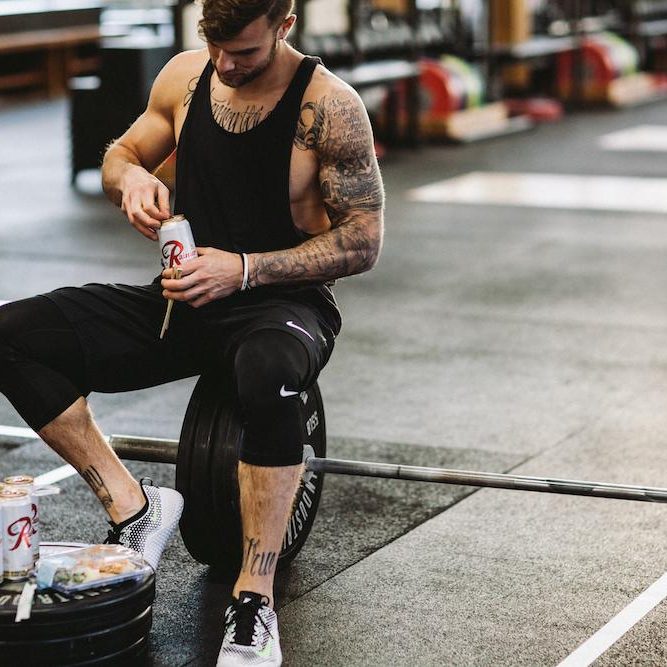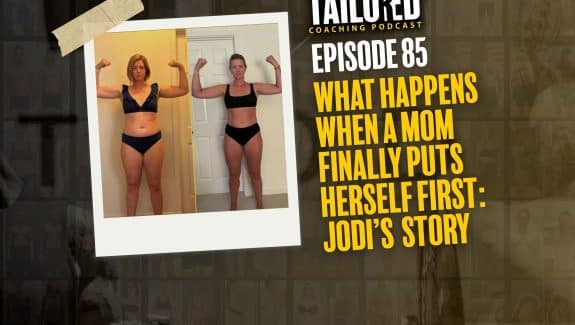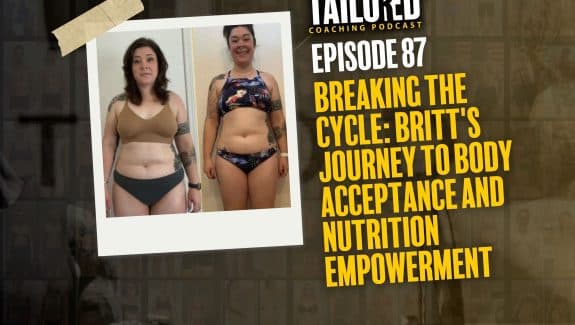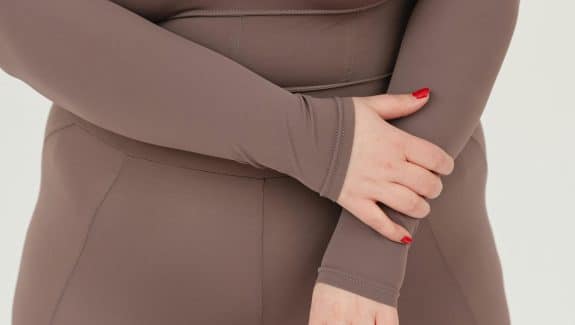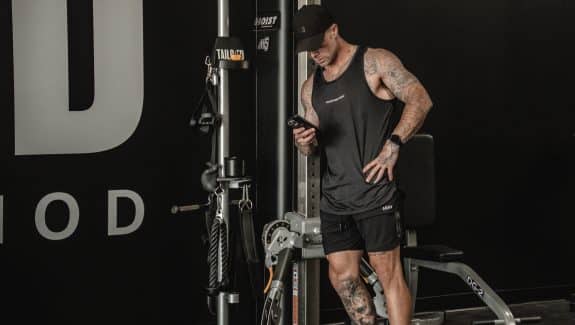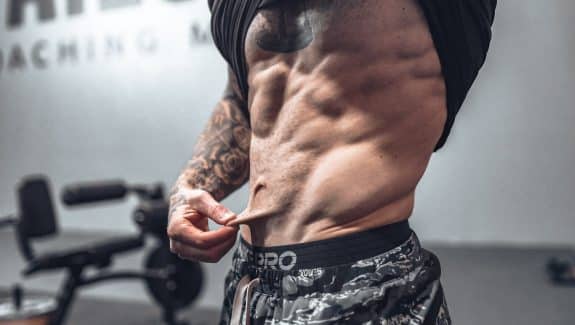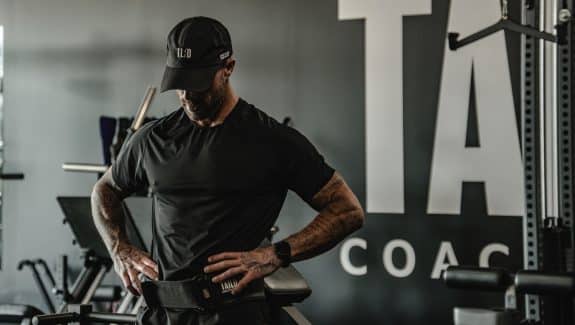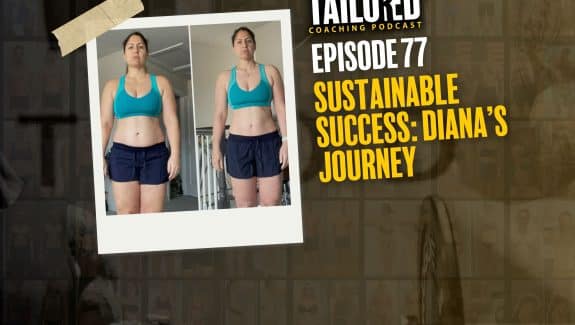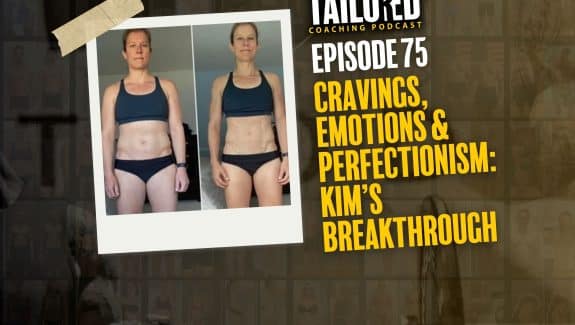“So what is the best diet?”
A question I’ve heard many times and if you ever ask good coach this, then you’ll hear the ever so frustrating answer -> “Well… It depends”
And as frustrating as that may be to us, because it doesn’t give us an answer or actionable step to take, it’s the truth. Because every one is different from each aspect of their lives, schedules, hormones, goals, energy demands, and so much more.
But many times in media or when asking other people or coaches who have experienced success with a specific diet plan, they will tell you that “_________” is the best diet.
Whether it was a low-carb plan, carb cycling, ketogenic, paleo, intermittent fasting, or a 40/30/30 macro split… That one diet seems to be the answer. Unfortunately it isn’t that easy and the answer is never black and white.
So, lets look to studies for the answers because I am a fitness and nutrition geek and that’s where I turn too for the real answers.
‘Sacks et al. “Comparison of Weight-Loss Diets with Different Compositions for Fat, Protein and Carbohydrates” N Engl J Med 2009; 360:859-873February 26, 2009DOI: 10.1056/NEJMoa0804748’
The study above assigned 811 overweight adults to diets that all varied the amounts of protein, carbohydrates and fat but contained roughly the same amount of calories. They then followed them for 2 full years.
Even though dietary intake was self-reported, the participants were far from left alone with the aspect of how the were tracking their diets. They were all part of a specific group and were also given 1 on 1 support via instructional sessions for the entire duration of the trial, so the tracking was definitely on point during the study.
At the end of the study, the weight loss was about completely even for all 4 groups, telling us one thing.
It truly makes very little difference which way you split it up. This makes logical sense too, because we know that calorie balance is ruler and king of weight loss or building muscle/size.
Some argued that weight loss doesn’t equal fat loss, necessarily. Which has a valid point because we know having adequate protein is key for maintaining lean body mass and muscle, not mention building extra.
And when it comes to body recomposition, if we add muscle and lose fat – which is typically extremely hard to do unless you’re brand new to lifting or taking anabolic steroids. Possible, but very, very, hard – well that means your weight may not change at all, yet you look tremendously better and different.
So with that said, I guess it just means as long as protein is accounted for and at the necessary daily intake of .8-1g per lb. of body weight (this isn’t set in stone, but recommended for majority of us training hard) is being consumed, carbs and fat ratio doesn’t matter at all… Right?
Well…. No, not necessarily.
Another study I came upon stated this:
Fleming JA and Kris-Etherton PM. – “Macronutrient Content of the Diet: What Do We Know About Energy Balance And Weight Maintenance?” Curr Obes Rep. 2016 Apr 2. [Epub ahead of print]
Had the following to say:
“Certain populations, such as those with insulin resistance, may find reductions in carbohydrate and higher levels of unsaturated fats to be more effective and promote greater adherence. Of importance is that metabolic adaptations following weight loss also may impact weight loss maintenance and should be considered in the transition from weight loss to weight stabilization.”
In simple terms, he is saying a typical overweight client or person consuming a typical American diet may benefit more from a low carb diet because of insulin sensitivity issues.
I can agree with that to an extent and understand his point of view; I mean he is a scientist… Can’t argue science. But I’m going to anyway and I’ll give you my real opinion after workout with thousands of people and trying every diet known to man personally as well.
When deciding on a fat loss diet, it comes down to too many factors to determine one diet as “the best”. We need to think of weight and dieting history, metabolic adaptations in the specific person, diabetes or history of diabetes within the family, weekly training load, goals, daily NEAT (Non Exercise Activity Thermogenesis), sleep, hormones, and the list just keeps going…
In my coaching program, when helping create a specific diet plan, I factor in many if not all of these things. (Apply for a Discover Call HERE)
But there are two main things to consider and that rule all the rest, in my opinion.
#1 – CALORIE BALANCE.
We have realized, study after study and client after client, that calories are king. Without creating a calorie deficit through eating less or training more, you will not lose weight.
Now this can be hard to determine by yourself, especially when you’re not tracking calories burned – which I do not recommend to 95% of people.
Therefore my recommendation to anyone who is training consistently is to make sure you are in a calorie deficit which is typically eating about 10-13x your bodyweight in calories – BUT this is very specific depending on your current weight, also your metabolism, and current maintenance calories.
In other words, don’t take that as a set in stone recommendation. If you’re obese and have a lot of weight, 50+ lbs. to lose, than maybe you can get away with less than that and be ok from a health perspective. But I highly recommend hiring a coach.
My second recommendation, is to get somewhere between .8-1g per lb. of bodyweight in protein each day. If you’re not training at all, you can get away with less. But if you are training, want a highly functioning metabolic system, the best recovery possible, to build some lean muscle and strength, then this is an excellent range to stay in.
In some situations, when extreme dieting for a show or something like, I may even bump it up higher for satiety and metabolic purposes, which allows me to not drop calories to low during a hard diet phase.
After your decide your calories and your protein, fill the rest with carbs and fat.
How much should be carbs and how much should be fat? Well that all depends on my second point here:
#2 – FIT IT TO YOUR LIFESTYLE.
 This may be the biggest and most important factor, yet the most overlooked or forgotten.
This may be the biggest and most important factor, yet the most overlooked or forgotten.
See so many people are in the mindsets of,
“I read that ketogenic diets are the best for fat loss, so I’ll just do that. I mean, I love carbs and all but… They said keto is the way to go.”
Or
“Have you seen Tom?! He’s fucking ripped and he said he does carb cycling! So tomorrow I’m going to start that… I don’t really get it, but whatever he’s ripped so lets try it.”
My point is simple, if it doesn’t sound like you could sustain it then don’t do it.
“Calories are King and adherence is its Queen.”
(^^ Quote me on that, probably the best diet quote I’ve ever made.)
So figure out your calories, make sure protein is on point because it is the most important macronutrient for changing your body composition, and then fill the rest in according to your lifestyle and preference, or in other words how ever will allow you to stay consistent and adhere to the diet for the long run.
For me, I’ve found that a split of 40/40/20 is the most ideal. But I realized that after lots of trial and error of trying all the ratios and diet strategies.
Oh and I must add, don’t do the 40/40/20 split because I do it and I’m lean. That’s not the solution here; hope you know that by now!
But I will give you my honest opinion that with the majority of people I’ve worked with, somewhere around this split works well because most of us like carbs and all of us need protein. But I also know people who crave fatty foods, so there diet is more like 40/20/40 or 30/30/40 or even 30/20/50.
But all those people above who got great results, had three things in common…
(1) They trained consistently each week, (2) the had their calories in check, and (3) they followed what kept them adherent and consistent.
And to add to the examples, I have many people who have their set calories and set protein intake and then just fill in the fat and carbs, as they like. Their carbs and fat amounts may change each and every day, but they have the calorie deficit and protein intake on point and they lose weight because of it.
So it may take time, a coach to help you adjust things, plenty of trial and error, and ultimately learning your body and lifestyle.
But at the end of the day it is safe to say one thing, there is no “best diet”.
For more on how YOU can achieve the best diet plan, for your goals and lifestyle, click the link below for a chance to get on a Discover Call with me and/or apply for my Online Caching Program.

